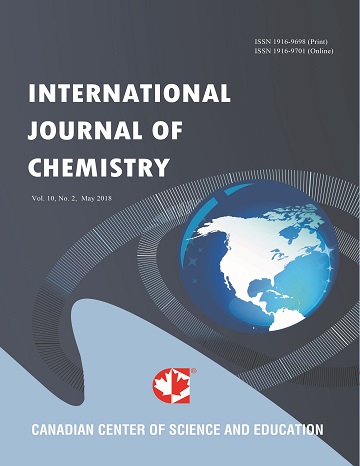Analysis of Water Quality Using Physico-Chemical Parameters in Different Cities of Pakistan
- Tasneem Sarwar
- Huma Shakoor
- Janas Khan
- Akhtar Ali Shah
- Shehla Amin
- Anum Sajjad
- Ziaullah Ziaullah
- Javaid Iqbal
Abstract
Present study was carried out to assess different parameters (physiochemical) of water for public health safety. 25 samples from majority of areas of Khyber-Pakhtunkhwa (KP) along with Rawalpindi and Islamabad were chosen. Total twelve parameter which include color, odour, pH, TSS (total suspended solids), TDS (total dissolved solids), Na (Sodium), K (Potassium), hardness, alkalinity, EC (Electric Conductivity), Cl (Chloride) and SO4 (Sulphate) were assessed for each sample and were compared with WHO and other limits. Results showed that very few samples 3 out of 14 in Mardan, 5/12 in Bannu, 2/11 in Buner, 3/4 in Batkhela, 1/6 in Malakand, 2/4 in Shangla, 3/18 in Mansehra, 2/7 in Karak, 1/17 in Kohat, 2/5 in Upper Dir, 3/12 in Islamabad, 3/11 in Abbottabad and 2 out of 17 samples were found to have objectionable color and odour. None of the samples exceeded the permissible limit of WHO for pH, TDS, alkalinity, Cl and SO4. While, other parameters like TSS was higher in 9 samples, Na in 2, K in 6, hardness in 1 and EC in 7 as compare to permissible limit. It was recommended that proper water treatment especially effective chlorination with residual chlorine be rendered at all sources in order to achieve safe water quality up to the consumer’s end. However, it is also important to investigate other potential water contaminations such as chemicals and microbial and radiological materials for a longer period of time, including human body fluids, in order to assess the overall water quality of Pakistan.
- Full Text:
 PDF
PDF
- DOI:10.5539/ijc.v14n2p28
Index
Contact
- Albert JohnEditorial Assistant
- ijc@ccsenet.org
